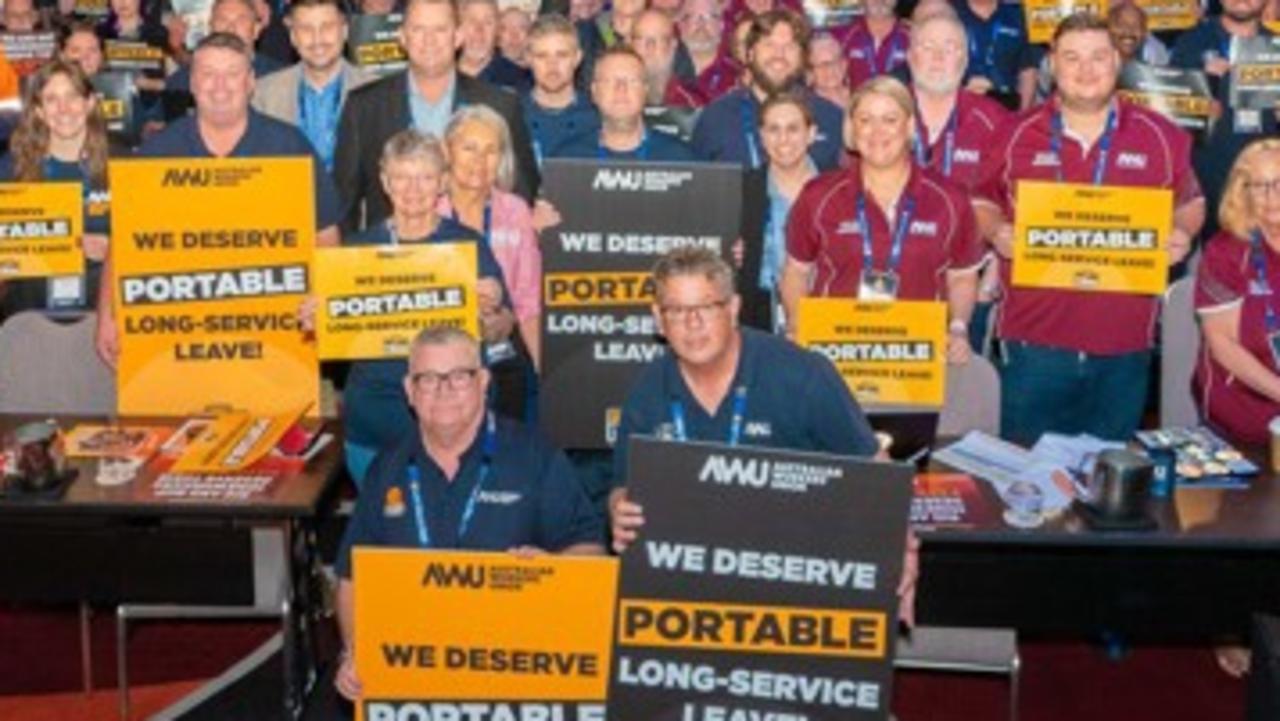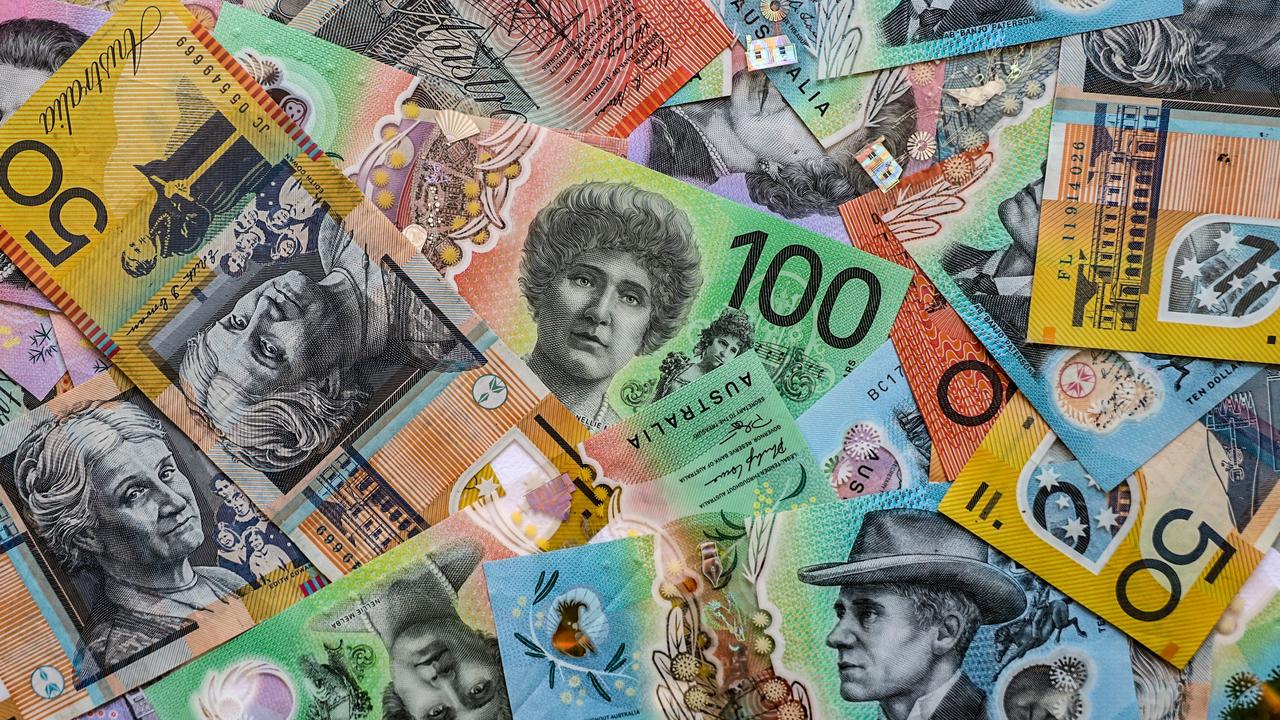10 lowest-paid jobs for Australian graduates as the Bachelor degree doesn’t pay off
The once-prestigious bachelor degree is no longer enough in Australia, with many graduates better off pouring coffees or pulling beers than pursuing a graduate role. See why.
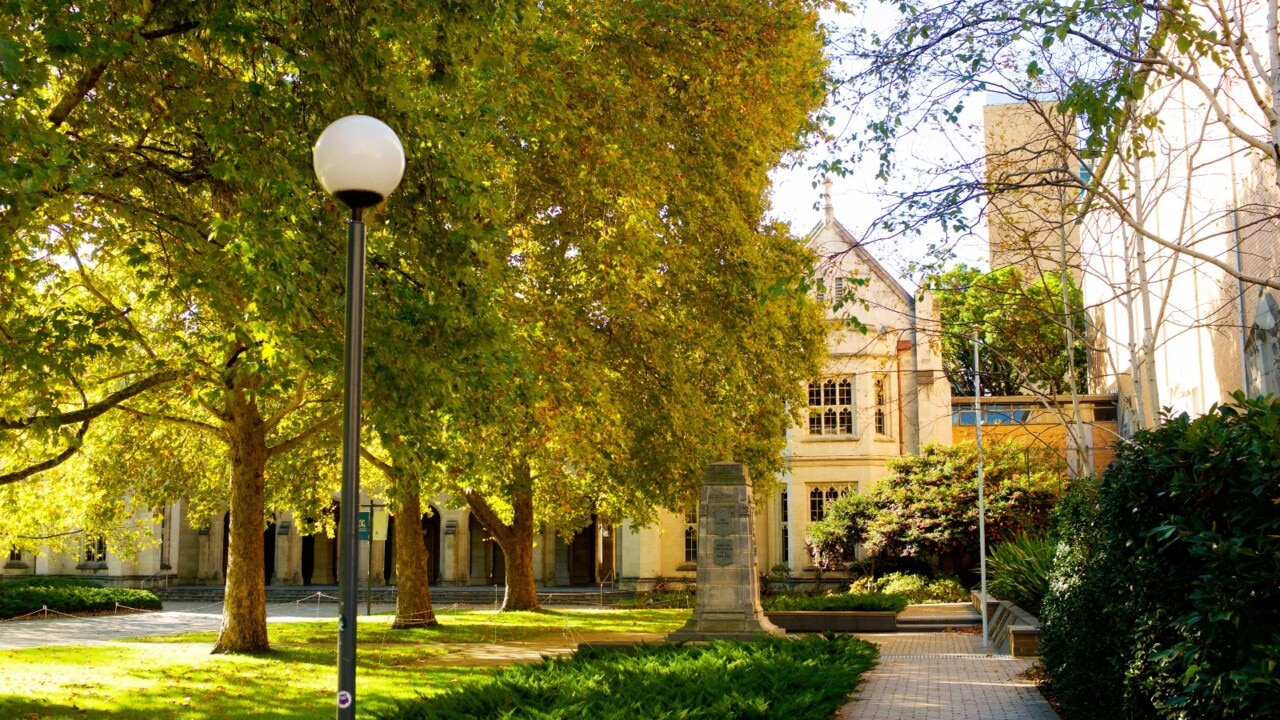
Careers
Don't miss out on the headlines from Careers. Followed categories will be added to My News.
The once-prestigious bachelor degree is no longer enough in Australia, with many graduates better off pouring coffees or pulling beers than pursuing a graduate role.
Data from the Australian Government’s QILT Graduate Outcomes Survey reveals 10 fields in which bachelor degrees result in a median salary of less than $65,000 – the average advertised pay for a full-time bar tender on SEEK.
Half of these fields pay less than $60,000 – that of the average barista.
A four-year bachelor degree will set an Australian student back between $20,000 and $60,000, on average depending on the field of study, and university.
And because HECS-HELP loans are indexed each year based on CPI (the consumer price index) and Australia is in the grips of soaring inflation, unpaid debts just increased 7.1 per cent – that’s an extra $1775 on a $25,000 debt.
The QILT data showed a bachelor degree in pharmacy was the most worthless in the country, with graduates earning a median of $52,200 about six months on from graduation.
It was followed by bachelors in sport and recreation ($54,800 full-time median), art and design ($56,400), music and performing arts ($57,400), architecture and urban environments ($59,900), sales and marketing ($60,000), communication, media and journalism ($60,000), biological sciences ($62,600), veterinary science ($62,600) and accounting ($63,000).

Some of these bachelor degrees must be followed by postgraduate qualifications to earn registration in a profession – for example, as a pharmacist or architect.
But even fully qualified, SEEK data showed these did not typically crack the six figures, attracting an average advertised salary of $85,000 and $95,000 respectively.
Managing director of recruitment agency EST10 Roxanne Calder said bachelor degrees were still worth doing but “some of the shine has come off”.
“I think that is due to the quality of the degree and institution, so therefore the level of graduate that comes out,” Ms Calder said.
“Partly that is due to the lowering of admission standards as well.
“We are in a rush to have a better, higher-educated society and we should be encouraging that, but equally then, what are the standards of education coming through?
“Some of the grads don’t know how to research properly or question facts.
“Their writing skills will be really poor.”
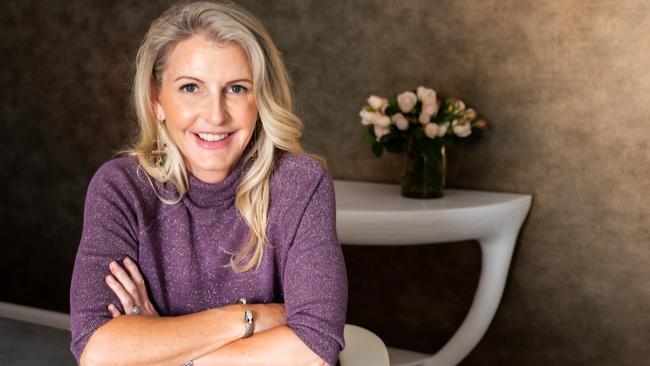
Ms Calder, author of Employable: Seven Attributes to Assure Your Working Future, said university was also expensive, with graduates typically taking eight to 10 years to pay off their fees.
“People need to consider that return on investment piece,” Ms Calder said.
“If you are a school graduate, there are still lots of opportunities.
“Employers are more open (to hiring people without degrees) because they have to be with the way unemployment is sitting at the moment.”
She said it was true a lot of graduates straight out of bachelor degrees did not earn high salaries, but this should be expected by someone without industry experience, and she was not surprised baristas and bartenders often earnt more than graduates.
However, sometimes university did pay.
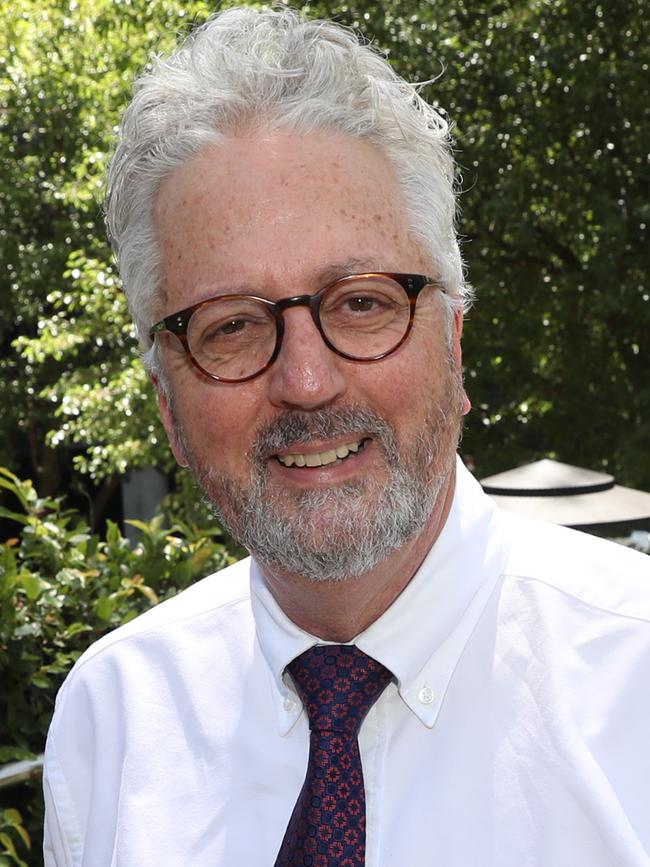
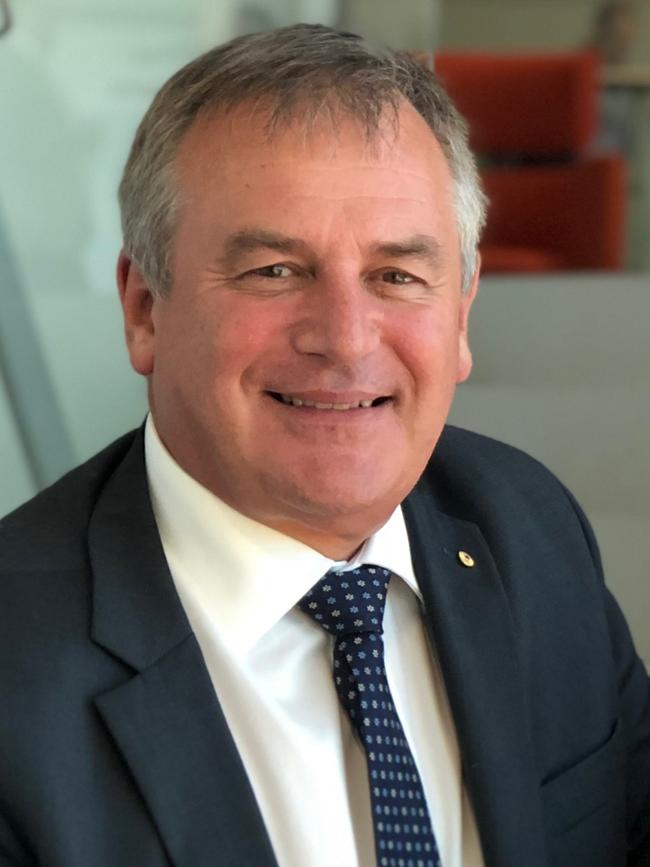
Recently-released annual reports show University of Sydney vice-chancellor and president Mark Scott earned $1.1 million last year while University of Newcastle vice-chancellor Alex Zelinsky raked in more than $930,000.
Total remuneration packages of senior executives at the University of New South Wales averaged $687,663 – up from $633,130 the year before.
BIOLOGY GRADUATES BETTER OFF AS BARISTAS
Salaries are low and work opportunities few and far between for biological science graduates, according to Brisbane baristas Richard Harris and Lee Jones.
Both took jobs in the hospitality sector after finishing their bachelor degrees with honours – specialising in marine and freshwater biology and zoology respectively – and both have since gone on to postgraduate study.
“I’ve been talking to some of my mates about it and (one said) when they were working while doing their undergrad, they would do four shifts a week at 7 Eleven and that was paying better than their first graduate job,” Mr Jones said.
This friend ended up burning through his savings and having to borrow money from family to afford to work in his chosen field.
Another gave up on biological sciences completely and now works as an au pair in Italy.
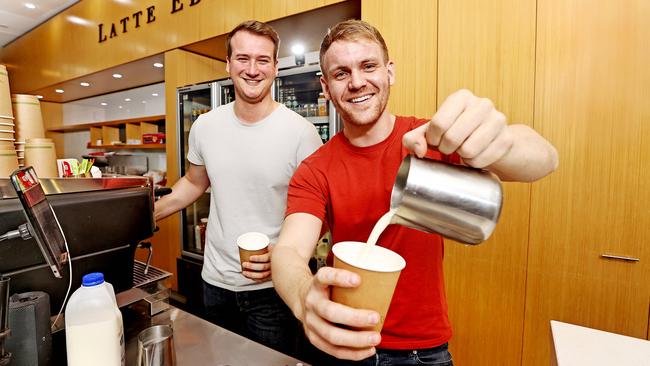
Another has been volunteering in a lab for more than six months, holding on to hope that a paid role will eventually come up.
Mr Jones said he didn’t realise what the salaries and job prospects would be like when he first chose his career path, and might have gone into a field such as technology if he had his time again.
Mr Harris said bachelor degrees in general had become so common that they were no longer impressive to employers.
“It’s like ‘oh well you’ve got a degree, big wow, what else have you got? What else can you bring?’,” he said.
“It doesn’t show you are more intelligent than anyone else, it doesn’t show that you actually work any harder than anyone else, because they just throw them out now.”
Mr Harris, 31, is about to start his first lab role, having completed his PhD about a year ago.
Mr Jones, 26, is also doing a PhD and hopes job prospects will improve by the time he finishes in two years.
If not, he plans to move overseas.
Originally published as 10 lowest-paid jobs for Australian graduates as the Bachelor degree doesn’t pay off



